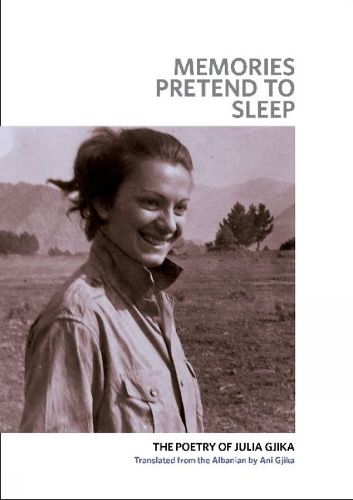Readings Newsletter
Become a Readings Member to make your shopping experience even easier.
Sign in or sign up for free!
You’re not far away from qualifying for FREE standard shipping within Australia
You’ve qualified for FREE standard shipping within Australia
The cart is loading…






Born in 1949, Julia Gjika grew up during the harshest years of Albanias Communist regime when literature from the West was strictly censored and her own poems were often not allowed in print. When compared to that of other countries in Europe, womens poetry in Albania is fairly recent, and Gjika belongs to the first generation of female poets, having published her first book, Birthday,
in 1971, followed by Where I Find Poetry in 1978. In 1996, she immigrated with her family to the United States, where her poetry began to reflect the sacrifices of immigration. Gjikas work is characterized by an unflinching honesty, precision of thought and language, and the peculiar combination of wisdom with a childlike vulnerability. She is a poet who, like the child who puts her ear to the railroad track to hear her train coming, has felt everything deeply, and given herself permission in the face of it all to break into song.
$9.00 standard shipping within Australia
FREE standard shipping within Australia for orders over $100.00
Express & International shipping calculated at checkout
Born in 1949, Julia Gjika grew up during the harshest years of Albanias Communist regime when literature from the West was strictly censored and her own poems were often not allowed in print. When compared to that of other countries in Europe, womens poetry in Albania is fairly recent, and Gjika belongs to the first generation of female poets, having published her first book, Birthday,
in 1971, followed by Where I Find Poetry in 1978. In 1996, she immigrated with her family to the United States, where her poetry began to reflect the sacrifices of immigration. Gjikas work is characterized by an unflinching honesty, precision of thought and language, and the peculiar combination of wisdom with a childlike vulnerability. She is a poet who, like the child who puts her ear to the railroad track to hear her train coming, has felt everything deeply, and given herself permission in the face of it all to break into song.